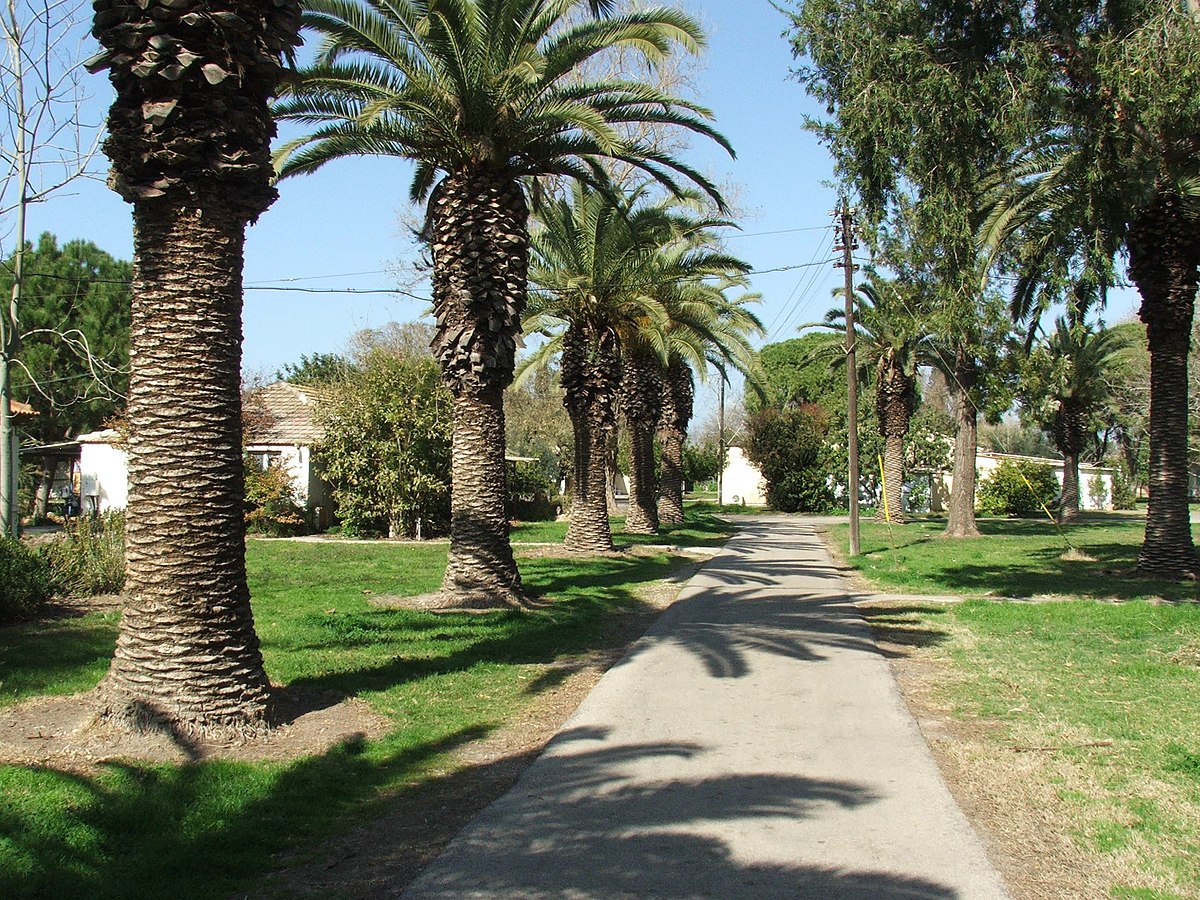steve_bank
Diabetic retinopathy and poor eyesight. Typos ...
Jumping over from the derail on a religion thread.
Collective ownership can work on a small scale.
The two major large scale Russian and Chinese experiments in Marxist collectivism/common ownership of means of production failed.
The Farm was successful.
Theer were a nuber of communes started in the 60s 70s.

 en.wikipedia.org
en.wikipedia.org
There are employee run businesses.
Israel was founded ion the kibbutz. In the 70s I attended a presentation by an Israeli looking for students to summer on a kibbutz. I forget what it produced. They had a swimming pool, a car pool if you needed to go somewhere, a dining hall, and private residences.

 en.wikipedia.org
en.wikipedia.org
Collective ownership can work on a small scale.
The two major large scale Russian and Chinese experiments in Marxist collectivism/common ownership of means of production failed.
The Farm was successful.
Theer were a nuber of communes started in the 60s 70s.
Successful, long-running communes in the USA include Twin Oaks Community in Virginia, The Farm in Tennessee, and the EcoVillage at Ithaca in New York, all of which emphasize sustainability, community living, and shared resources to achieve longevity. These communities often share values like nonviolence, egalitarianism, and cooperation, creating sustainable lifestyles that have endured for decades.

The Farm (Tennessee) - Wikipedia
The Farm was established after Stephen Gaskin and friends led a caravan of 60 buses, vans, and trucks from San Francisco on a four-month speaking tour across the US. Along the way, they became a community, lacking only land to put down roots. After returning to California, the decision was made to buy land together. Combining all their resources would finance purchase of only about fifty acres in California. Another month on the road brought the group back to Tennessee, where they checked out various places that might be suitable to settle.[7] They decided on property in Lewis County, about seventy miles south of Nashville.[8] After buying 1,064 acres (4.1 km2) for $70 per acre, the group began building its community in the woods alongside the network of crude logging roads that followed its ridgelines. Shortly thereafter, an adjoining 750 acres (3.0 km2) were purchased for $100 per acre.
There are employee run businesses.
Israel was founded ion the kibbutz. In the 70s I attended a presentation by an Israeli looking for students to summer on a kibbutz. I forget what it produced. They had a swimming pool, a car pool if you needed to go somewhere, a dining hall, and private residences.
Kibbutz - Wikipedia
We were happy enough working on the land, but we knew more and more certainly that the ways of the old settlements were not for us. This was not the way we hoped to settle the country—this old way with Jews on top and Arabs working for them; anyway, we thought that there shouldn't be employers and employed at all. There must be a better way.[11]
